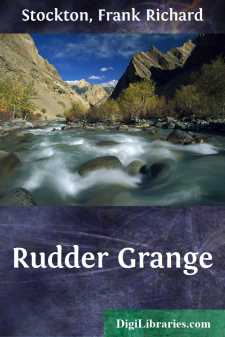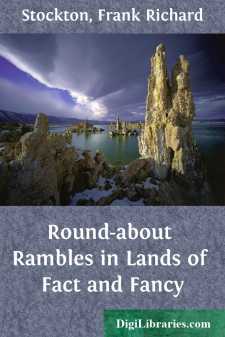Categories
- Antiques & Collectibles 13
- Architecture 36
- Art 48
- Bibles 22
- Biography & Autobiography 813
- Body, Mind & Spirit 142
- Business & Economics 28
- Children's Books 14
- Children's Fiction 11
- Computers 4
- Cooking 94
- Crafts & Hobbies 4
- Drama 346
- Education 46
- Family & Relationships 57
- Fiction 11829
- Games 19
- Gardening 17
- Health & Fitness 34
- History 1377
- House & Home 1
- Humor 147
- Juvenile Fiction 1873
- Juvenile Nonfiction 202
- Language Arts & Disciplines 88
- Law 16
- Literary Collections 686
- Literary Criticism 179
- Mathematics 13
- Medical 41
- Music 40
- Nature 179
- Non-Classifiable 1768
- Performing Arts 7
- Periodicals 1453
- Philosophy 64
- Photography 2
- Poetry 896
- Political Science 203
- Psychology 42
- Reference 154
- Religion 513
- Science 126
- Self-Help 84
- Social Science 81
- Sports & Recreation 34
- Study Aids 3
- Technology & Engineering 59
- Transportation 23
- Travel 463
- True Crime 29
Stories of New Jersey
Categories:
Description:
Excerpt
The North American Indians, the earliest inhabitants of this country of whom we know anything definite, were great story-tellers; and their histories consist entirely of stories handed down from parents to children, or, more likely, from grandparents to grandchildren, for grandfathers and grandmothers are generally more willing to tell stories than fathers or mothers. And so these traditions, probably a good deal brightened by being passed along century after century, came down to the Indians who were first met by white people, and thus we have heard many of them.
The stories told by the Indians inhabiting the country which is now the Middle States, all agree that their remote forefathers came from some region beyond the Mississippi River. Like the traditions of most nations, these go so very far back that they are vague and misty; but, as this gave the Indians a great opportunity for their imaginations, it is not wonderful that they improved it. These Indians believed that in the very earliest stages of their existence they were all animals, and lived in caves under the earth. They were hunters; but their game consisted of mice, and creatures of that sort. One of them accidentally discovered a hole by which he got out on the surface of the ground; and, finding it so exceedingly pleasant, it was not long before the whole of his tribe came out, and began life in the light of day.
It may be supposed that these animals gradually changed to human beings, and built villages, and planted corn; but in one respect they did not change, nor have they changed at this present day. Many of them still call themselves after the names of animals; and now the greater part of the noted Indians of our country have such names as "Sitting Bull," "Black Bear," and "Red Horse." But the stories say that all of the animals did not come out of their underground homes. Among these were the hedgehog and the rabbit; and so some of the tribes will not eat these animals, because in so doing they may be eating their family connections.
Gradually the ancestors of the Indians who told their stories to the first settlers, and who afterwards called themselves the Lenni-Lenape, moved eastward, and after many years they reached the Mississippi River. By this time they had become a powerful body. But in the course of their journeys they discovered that they were not the earliest emigrants in this direction, for they met with a great tribe called the Mengwe, later known as the Iroquois, who had come from a country west of the Mississippi, but farther north than that of our Indians.
We do not hear that these two great tribes of early Indians interfered with each other; but when the Lenni-Lenape investigated the other side of the Mississippi, they found there still another nation, powerful, numerous, and warlike. These were called the Alligewi, from which we have derived the name Allegheny. At first the latter tribe was inclined to allow the Lenape to pass the river; but after a time, finding that the newcomers were so numerous, they fell upon them and drove them back.
But the Indians at that remote period must have been as doggedly determined to move eastward as are our pioneers to move westward; and they were not to be stopped by rivers, mountains, or savage enemies. The Lenape were not strong enough to fight the Alligewi by themselves, and so they formed an alliance with the Mengwe; and these two nations together made war upon the Alligewi, and in the course of time overcame them, and drove them entirely from their country.
After years, or perhaps centuries (for there are no definite statements of time in these Indian traditions), the Mengwe and the Lenape, who had been living together in the country of the Alligewi, separated; and the Mengwe emigrated to the lands near the Great Lakes, while the Lenape slowly continued their progress eastward....












